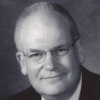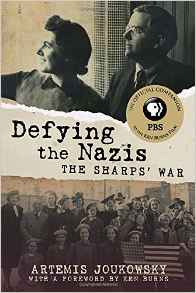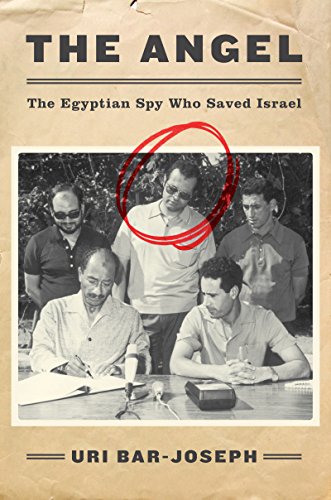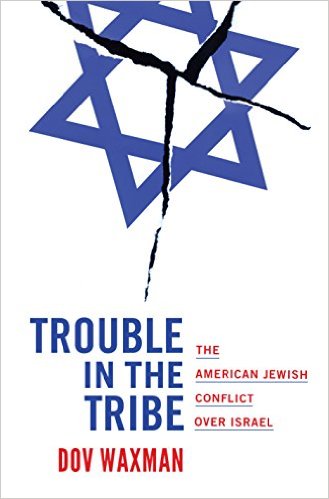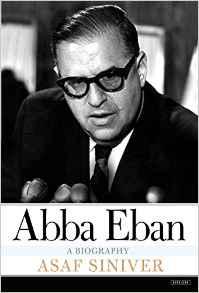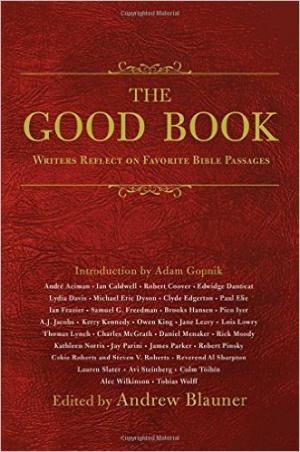Defying the Nazis: The Sharps’ War
In 2006, the State of Israel proclaimed Martha and Waitsill Sharp “Righteous Among the Nations” – an honor bestowed by Yad Vashem, the Holocaust museum and memorial in Jerusalem, upon non-Jews who risked their lives to save Jews during the Holocaust. The Sharps became two of only five Americans so recognized.

